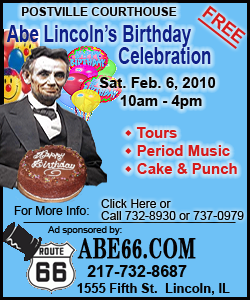| ||||||||||
| ||||||||||
"A lawyer acting in a professional way must divorce himself from personal views," Walker told The New York Times in 1988. Former U.S. District Judge Fern Smith, who worked with Walker in the Northern District of California, said the episode demonstrates his commanding internal compass. "He seems to be relatively willing to let the chips fall where they may," Smith said. "He is not afraid to express his opinions, even if he knows there might be substantial push-back." During his time as a federal judge, Walker has ruled in at least two cases involving gay rights issues. In one, he dismissed a lawsuit by two Oakland city employees who alleged their free speech rights were violated when managers removed a bulletin board flier for a religious group that promoted "natural family, marriage and family values." The city had "significant interests in restricting discriminatory speech about homosexuals. . . .(and has) a duty under state law to prevent workplace discrimination on the basis of sexual orientation," Walker wrote in his 2005 ruling. In the other case, Walker in 1999 rejected arguments from the parents of a San Leandro boy who claimed their religious rights were violated by pro-gay comments their son's teacher had made in the classroom. Walker has now been a judge longer than a lawyer. Tall and fit, with silver hair and Van Dyke beard, he is said to be a stickler for details and decorum, a hard worker whose eyes twinkle mischievously when he gets a laugh. But he does not hesitate to register his consternation with crossed arms or a furrowed brow. "He does not suffer fools lightly," said Edward Burg, a Los Angeles litigator who sued the city of Half Moon Bay in a property dispute with a developer to whom Walker awarded $36.8 million in damages, almost bankrupting the beach town. His qualities were in evidence last week as lawyers in the gay marriage case questioned academic experts on subjects ranging from same-sex parenting to whether monogamy in marriage was a relatively recent goal. As a Harvard historian was explaining how the public's shoulder shrug over President Bill Clinton's infidelities marked a shift "toward the idea that spouses themselves are best-equipped to decide what is acceptable behavior within marriage," the judge cut her off. "I don't know that we need to go into Bill and Hillary Clinton in any great depth," he quipped.
[Associated
Press;
Copyright 2010 The Associated Press. All rights reserved. This material may not be published, broadcast, rewritten or redistributed.

News | Sports | Business | Rural Review | Teaching & Learning | Home and Family | Tourism | Obituaries
Community |
Perspectives
|
Law & Courts |
Leisure Time
|
Spiritual Life |
Health & Fitness |
Teen Scene
Calendar
|
Letters to the Editor